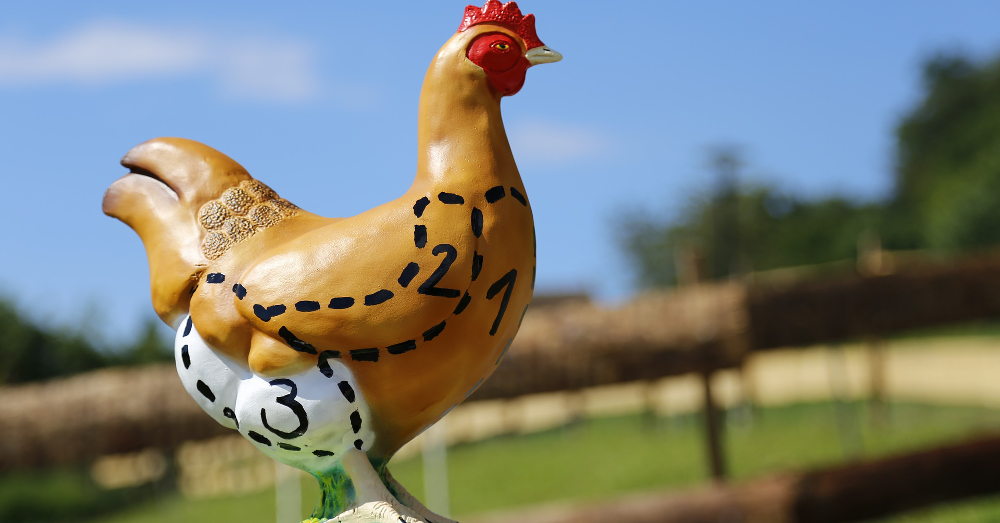
Government Officials Secretly Planned a Tyson Plant in Kansas. But Then the Town of Tonganoxie Heard About It
On September 5, Kansas’ Republican Governor Sam Brownback, together with poultry processor Tyson Foods, Inc. announced a plan to build a $320 million chicken complex near Tonganoxie, Kansas. The announcement shocked residents of Tonganoxie and surrounding Leavenworth County. “It was announced as if it was a done deal, and no one in the community had heard anything about this.”
September 19, 2017 | Source: The New Food Economy | by H. Claire Brown
On September 5, Kansas’ Republican Governor Sam Brownback, together with poultry processor Tyson Foods, Inc. announced a plan to build a $320 million chicken complex near Tonganoxie, Kansas. The business, they said, would employ about 1,600 people (Tonganoxie’s population barely tops 5,000, according to the community’s website) and contract with nearby Kansas farmers to raise the birds. By mid-2019, the plant would be selling hatchlings and feed to its farmers, buying back the grown chickens, slaughtering the birds, and packaging their meat into neat plastic-wrapped styrofoam containers as ready-to-roast breasts, thighs, and wings. It’d be a perfect circle, pumping out 1.25 million birds per week in a never-ending loop. What could go wrong?
The announcement shocked residents of Tonganoxie and surrounding Leavenworth County. “It was announced as if it was a done deal, and no one in the community had heard anything about this,” says Anne Brockhoff, a freelance journalist who is volunteering her time for Citizens Against Project Sunset (CAPS), a group of people opposed to Tyson’s new complex. “A project of this type has never even been floated.”
City and county officials had signed nondisclosure agreements during initial negotiations with Tyson, a process that is not uncommon when corporations are exploring options for siting new facilities. But Brockhoff says the Leavenworth County Commission also made plans to issue $500 million in industrial revenue bonds—tax-exempt loans issued by a state or local government to finance a private company’s expansion—to Tyson before those plans were made public. As the Topeka Capital-Journal reports, county officials also said at the September 5 announcement that they had committed $7.4 million to extend utilities to the site and the city planned to pay $1.2 million to link sewer lines to the Tyson plant. “They were making decisions [on behalf of taxpayers] while still having to abide by this non-disclosure agreement,” Brockhoff says. “That’s what really took people aback.” She added that even the owners of the land designated for the new facilities were caught by surprise. “The sellers did not know it was Tyson. The land was being purchased under a real estate group.”
